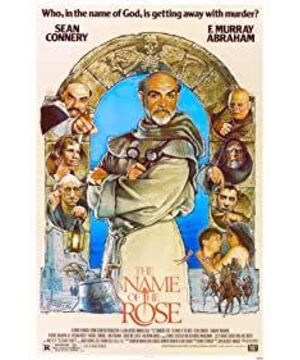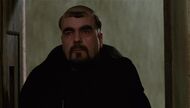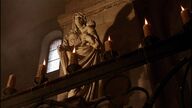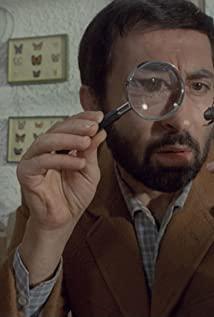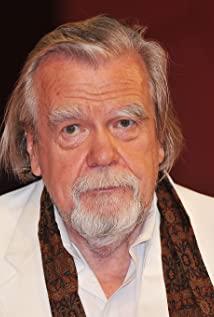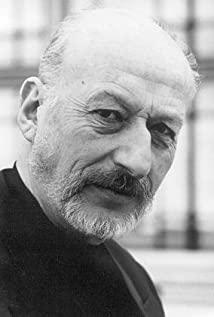Although the preparations are in place, some religious things are still not well understood. The actors are great, the music is great, and the atmosphere of the whole movie is great. Perhaps the story of the Middle Ages should be seen in such early and even old works. It seems that time has returned to that smoky castle hundreds of years ago...
William said: "If you want to conquer nature, you must first follow the rules of nature." The natural development of human nature cannot withstand any repression and control, even if it is In the name of the above, if killing and deceiving were used, it would be an unforgivable mistake, even if it paid the price of life. The existence of faith is to give people hope and strong character, not to restrict people's worship of religion.
Among the snow-covered mountains, in a castle whose name cannot be mentioned so far, the priests ruled even the dull people at that time. Looking back now, the poor people in the movie have no language, and they behave like primitives. Human beings are full of primitive feelings, appetite, love or interpreted as sex. Their only tools for expressing emotions are their eyes, panic, eros, anger...
Thinking and energetic people are nobles, royals and missionaries, because they have the opportunity to learn, can read vast books, inform Xiaoli, and then Knowledge sometimes teaches people wisdom, it is not used well, and it also restricts their lives. “If comedy makes people laugh and stay away from suffering, then people don’t need religion.” This is the theory that Old George has always believed in, and it is also the source of the tragedy of this castle. For a book, a record of the scholar Aristotle A book of moral humanity and truth-seeking theory, concealed, and even concealed with death, the last thing you get is just a wreck after the fire. Human nature’s pursuit of beautiful things cannot be blocked. One by one, the faithful fall down, and they will There are new people who are looking for the smell and find it. It would be too cruel to use the punishment of death to treat the simplest and most primitive emotions! I can't help but think of a question, is it true that human nature is good or evil in the beginning?
At first I did not agree that the relationship between the apprentice and the refugee was love. It was just a desire and impulse to the unknown. William said: "Don't confuse love and sex." But the apprentice said: "I want her to escape suffering. , I just miss her", William and I probably both thought it was love, the apprentice finally said, I still see her face in my dream, that is my only clear face, even though I don’t know it until now. her name. The movie was over, so I thought, why the name of the book or movie is: the name of the rose. At the beginning of the movie, the disciple said, I dare not mention the name of the church until now. One is the beginning and the other is the end. One is the supreme faith and the other is the essential love. What does the name represent? What does the rose stand for? They are all in the name of roses, beautiful things.
Eco is the greatest semiotics master of this century, so the elements such as reasoning and cryptography in the movie are also the main body, but there are probably too many ancient Greeks and the like involved, so everyone keeps up. But the snow-covered wilderness in the film, some gloomy castles standing among the white fog, the mysterious library, and the music that matches the plot can also tighten my nerves.
Sean Connery and the actors often said that the repression and even some abnormalities of the people in that period were quite incomplete, and the voice of Sean Connery was so good, that magnetism. . . .
View more about The Name of the Rose reviews


